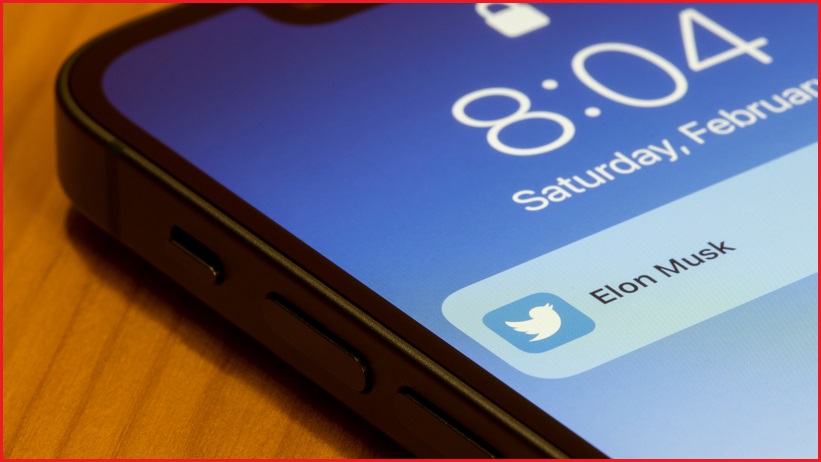He has revolutionised electric cars, power storage, space exploration, urban travel and global communications – but Elon Musk’s latest investment sent shares skyrocketing after he bought enough shares in Twitter to become the social media company’s largest shareholder.
Musk, an enthusiastic and frequent user of the social network, invested $3.85b ($US2.89b) to purchase 9.2 per cent of Twitter’s shares on March 14, according to a new regulatory filing whose publication saw shares in the company surge 27 per cent in a single day.
It was a shot in the arm for Twitter, whose shares have slumped by almost half since mid-last year during a period when founder Jack Dorsey stepped down as CEO after 16 years helming the company, handing the reins to chief technology officer Parag Agrawal.
Agarwal “has been behind every critical decision that helped turn this company around,” Dorsey wrote at the time, describing the company’s new head as “curious, probing, rational, creative, demanding, self-aware, and humble.”
Musk shares many of those traits – and his involvement as Twitter’s largest shareholder has the world’s tech and investment communities speculating about his long-term intentions at a company that is, financially speaking, more vulnerable than ever.
The world’s richest person has remained quiet about his Twitter investment, tweeting only “Oh hi lol” after the news of his share ownership was revealed.
His activity in recent weeks comprising gaming memes, reports about his second COVID-19 infection, updates on his SpaceX and StarLink ventures, challenging Vladimir Putin to a fist fight – and a series of tweets, which prove illuminating in retrospect, discussing the openness of Twitter.
In one recent poll of his Twitter followers, he asked followers whether the Twitter algorithm “should be open source” – with 82.7 per cent of respondents agreeing.
“Given that Twitter serves as the de facto public town square,” he said in another recent poll, “failing to adhere to free speech principles fundamentally undermines democracy”.
“The consequences of this poll will be important,” he added. “Please vote carefully.”
Free speech or free enterprise?
Musk recently tweeted that he is “giving serious thought” to building a new social media platform and has previously speculated that it might be built on cryptocurrencies such as Dogecoin – whose value soared last year after Musk tweeted about it.
Yet building social media networks as vanity projects has proved a challenge in the past, with Donald Trump’s much-vaunted Truth Social platform already languishing after a series of misfires.
Musk’s investment in Twitter – which gives him around four times the share ownership of Dorsey himself – may be designed to pressure Twitter towards transparency in a move that would be a tectonic shift for an industry where proprietary algorithms are king.
Musk’s history of seemingly whimsical interventions – Bitcoin’s price surged after he bought $1.9b of the cryptocurrency and crashed when he cashed in, citing environmental concerns – has gotten him in trouble in the past, but ensures financial markets and technologists pay close attention when he takes an interest in anything.
Many Twitter employees were publicly fuming at the news, with some data scientists warning that “a prominent transphobe buying a large stake in Twitter is not at all funny” and others fearing for the culture of a company that has long been admired for its values.
Yet those same values have been challenged by the opacity of artificial intelligence algorithms – such as the one that Twitter and other networks use to decide what content may interest users – and a loss of trust as those algorithms drive errors and bias in insurance underwriting, government service administration, price comparison sites, and more.
Reflecting experts’ concerns that AI algorithms can be “incredibly easy to hack”, a team of Australian researchers recently kicked off a project to measure the bias in Google’s algorithms, which many fear are contributing to a subtle shift in the collective worldview.
Social media algorithms, in particular, have come under scrutiny because of their broad reach and tendency to amplify popular content even if it’s not fair, balanced, or even true.
While LinkedIn overhauled its algorithms to prevent high-profile posters from dominating the platform, late last year Twitter drew consternation for a small change that favoured high-profile posts.
Tik Tok’s algorithms are so effective at ensuring repeat viewership that Musk recently called the platform “such an obvious AI attack that it’s annoying”.










